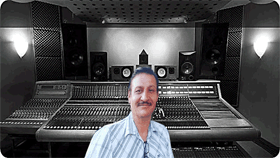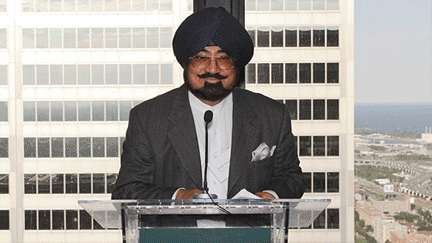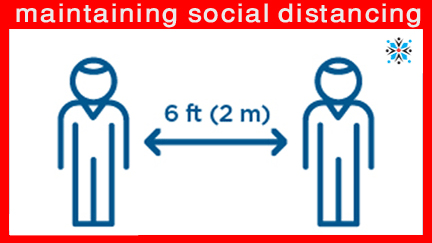About Ustad Bade Ghulam Ali Khan
October 13th, 2020
Ustad Bade Ghulam Ali Khan was an Indian classical and light classical vocalist of Kasur Patiala Gharana India. He was born in 1902 in Kasur small town near Lahore in Punjab Province, British India. Following the partition of India. His father, Ustad Ali Baksh Khan was a famous singer of Kasur Patiala Gharana.

At the age of five, Bade Ghulam started his initial vocal music training from his paternal uncle Ustad Kale Khan sahib, and later from his father Ustad ALI Baksh Khan sahib. Ustad Bade Ghulam Ali Khan had three younger brothers namely Barkat Ali Khan, Mubarak Ali Khan and Amanat Ali Khan and two sisters.
Singing career:
Ustad Bade Ghulam. Ali Khan started his career by singing a few compositions of his late father Ustad Ali Baksh Khan and later his uncle Ustad Kale Khan, Bade Ghulam the best of three traditions into his Patiala-Kasur style the Behram Khani elements of Dhrupad, the gyrations of Jaipur, and the behalves (embellishments) of Gwalior. Many of his raga expositions were brief, contrary to convention and while he agreed that the beauty of classical music lay in leisurely improvisation, he believed that the audience would not appreciate long alaps, particularly considering his tendency towards singing for the masses and therefore, changed the music to what the audience wanted. He excelled at more light-hearted ragas such as Adana, Bhupali, Hameer, Jaijaiwanti and Jaunpuri. Under the pen name of Sabrang.
After the partition of India in 1947, Bade Ghulam went to his hometown Kasur in Pakistan but returned to India later to reside permanently there in 1957. With the help of Bombay Chief Minister, Morarji Desai he acquired Indian citizenship and moved to a bungalow at Malabar Hill in Mumbai. He lived at various times in Lahore, Bombay, Calcutta, and finally Hyderabad.

For a long time, he stayed away from singing in films despite requests and persuasions from well-known producers and music directors. However, he was coaxed and convinced by film producer K Asif to sing two songs based on ragas Sohni and Rageshri for the 1960 film Mughal-e-Azam with the music directed by Naushad. He demanded and received an extremely high price, reportedly to the tune of ₹25,000 per song, when the rates of popular and star playback singers such as Lata Mangeshkar and Mohammed Rafi was below ₹500 per song at that time.
He was awarded 7 big awards in India the Sangeet Natak Akademi Award and in 1962 the Padma Bhushan.
Ustad Bade Ghulam Ali Khan had two sons from his first wife name Allah jawan the elder son’s name was Karamat Ali khan younger son was Munawar Ali Khan.

Karamat Ali khan who had all his music training from his father Bade Ghulam Ali Khan as well as he had his academic education as well and he was masters in English Farsi he didn’t choose music as his carrier. Ustad Karamat Ali khan had seven sons three out of seven sons became professional singers and followed the footsteps of their father and grandfather in music and became a top-notch vocalist name Ustad Mazhar Ali Khan Ustad Jawaad Ali khan who lives in New Dehli India.

Naqi Ali khan who lives in Canada learned music from his uncle Ustad Munawar Ali Khan and from his elder brothers Ustad Mazhar Ali khan Ustad Jawaad Ali khan. Bade Ghulam Ali Khan’s first wife died in the early 30″s than he got married to a great noble lady name Allaha RAkhi but he had no kids from his second wife.

He died in Bashir Bagh Palace in Hyderabad on 23 April 1968 after a prolonged illness had left him partially paralyzed in the last few years of his life. He continued to sing and perform in public with the support of his son, Munawar Ali Khan, until his death.

In 2017, the Bade Ghulam Ali Khan Yadgar Sabha founded by his disciple Malti Gilani helps keep his music and memory alive.
The main street at Basheerbagh is named Ustad Bade Ghulam Ali Khan Margin his honour.

Ustad Bade Ghulam Ali khan music legacy is continued by his grandsons Ustad Mazhar Ali khan Ustad Jawaad Ali Khan Naqi Ali khan and Raza Ali khan who is the son of Munawar Ali khan.

Comments are closed.












